We treat letting go and acceptance as though they are once and for all decisions made from what our minds know to be best. In truth, both are emotional processes that are ongoing adjustments.
The Cost of Carrying Resentments in Recovery

Resentments – an insight into the toxic nature of what we carry and the harm it does to us.
Expectations of Self Lead to Resentment

I’ve learned that the expectations and standards we hold ourselves to serve as guiding principles in our lives. Like many in recovery, I found myself repeatedly crumbling under the weight of the demands I placed on myself, the pressure I put on myself to juggle an impossible number of undertakings, and the absence of support that I allowed myself.
Overcoming the Fear of Judgement

When we talk about our “trust issues” we’re often referring to our fears of judgment and rejection. Our experiences both in growing up and in active use taught us to expect it. It’s a hard piece to reconcile. The people in our lives today are very different than those who gave us a distorted sense of self.
God Bombs
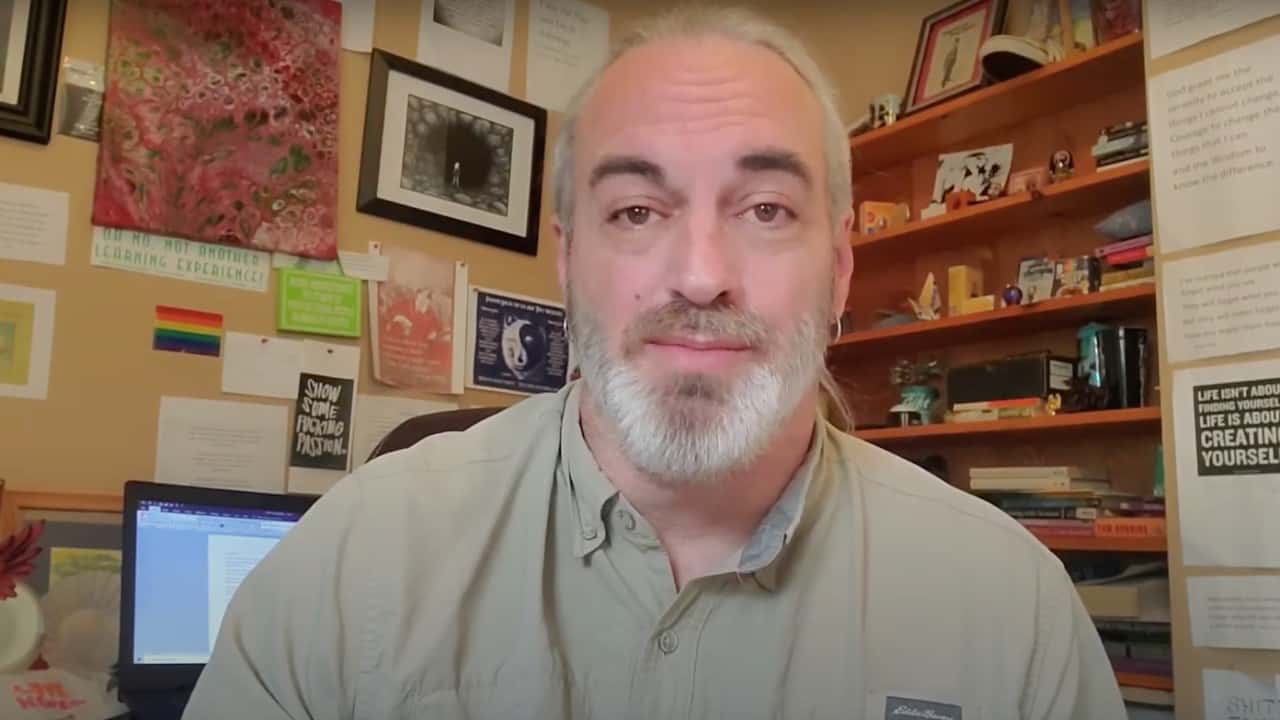
God speaks to me in lots of ways. The conversation with my friend today gave me pause to reflect on just how important the things I’ve been stressed about are. I know that all of my problems are good problems and still I sometimes try to run the show instead of letting my Higher Power be in control.
Get Your Recovery Out of Retrograde!
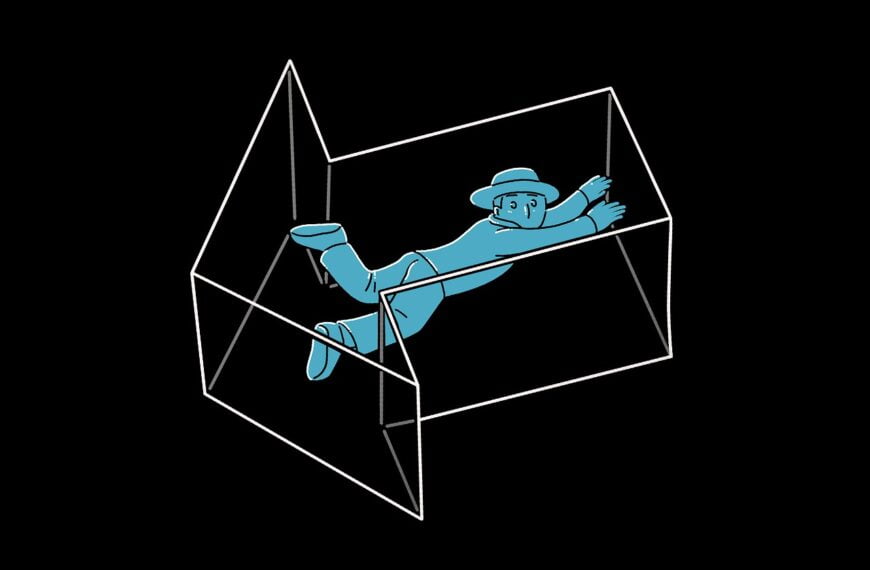
How do you measure your progress in recovery? Counting days is good but it’s not enough. Developing plans that include specific goals is key. Vague ideas about getting better don’t lend themselves to accountability.
Boredom In Recovery Is a Red Flag
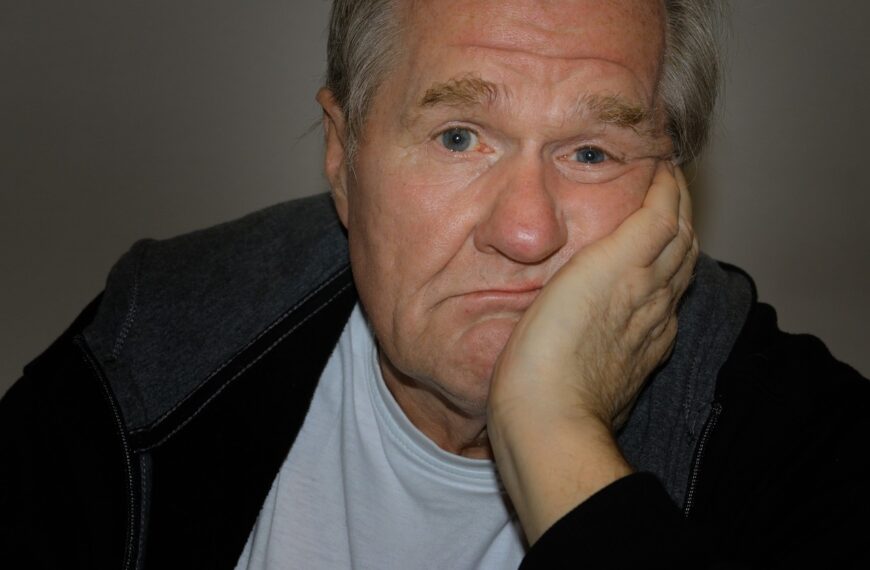
One of the very best additions counselors I know refers to ideas like boredom as, “Beautiful lies I tell myself.” I’ve come to see boredom as a lack of imagination and an avoidance of responsibility. It’s often a product of procrastination and/or insufficient investment in self and others.
The Fear of Reaching Out
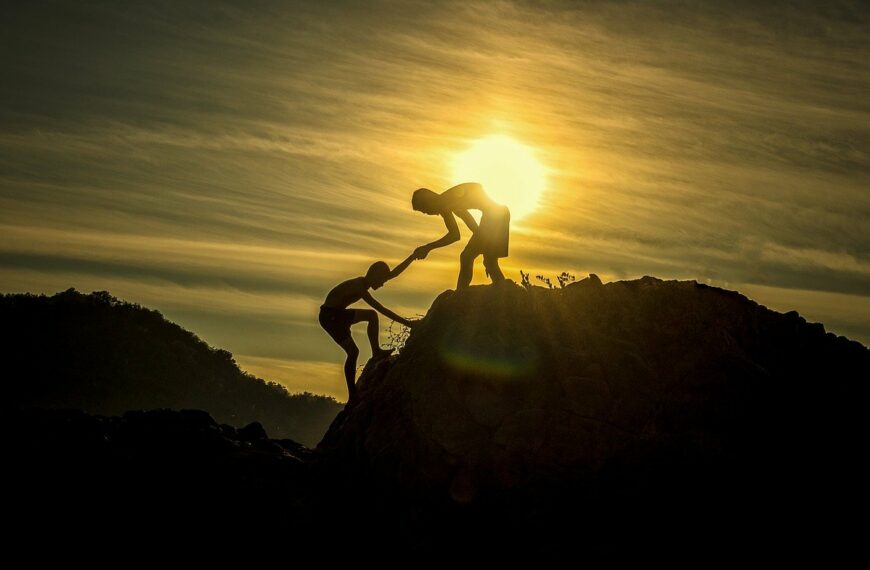
Shame is an addict’s worst enemy. It leaves us pushing away the very people best poised to help us. Shame is LOUD and it’s amplified by the disease telling us that rejection is inevitable and that trusting others will only lead to heartache.
Ambivalence Is a Barrier to Recovery

There’s a fine line between, “I don’t know if I want this” and “I’m afraid of this.” That line is imperceptible when we’re on the fence.
Stop Shaming Yourself During Quarantine
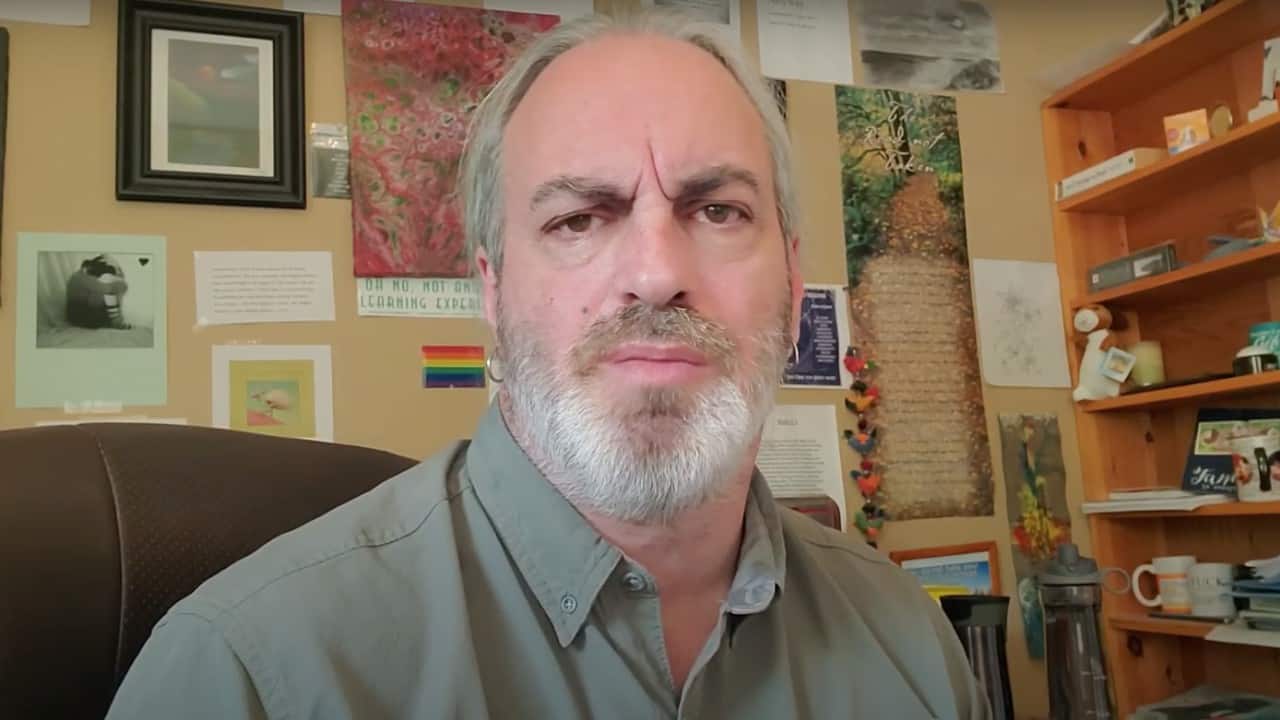
The idea that we’re not doing enough is tied to the belief that we are not enough. A dear friend of mine in the field would often say, “We’re not really human beings because we don’t know how to just be. We’re human doers because we derive our worth from what we do.”


